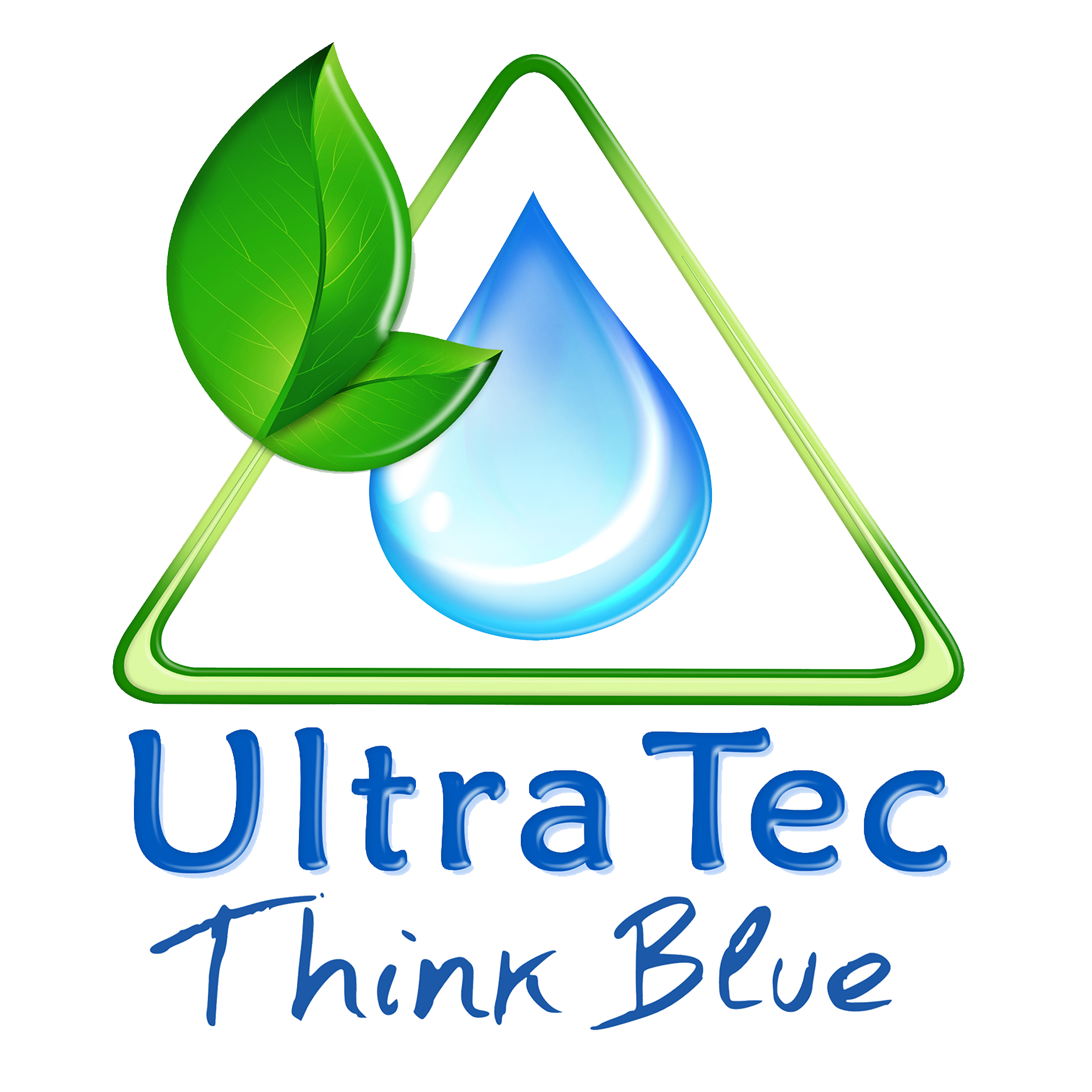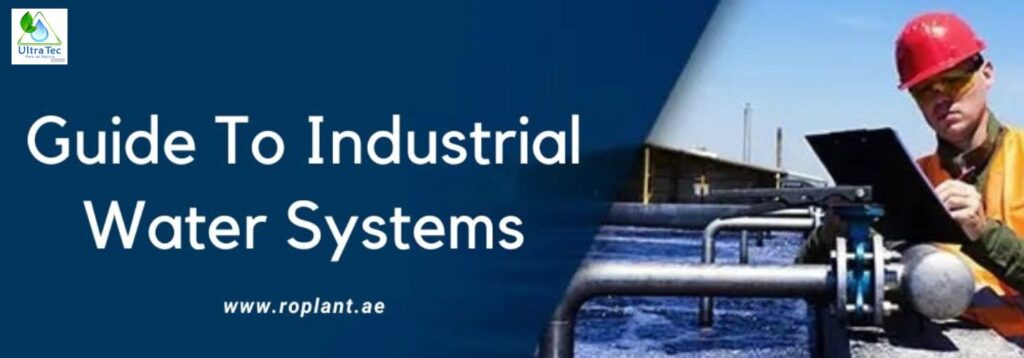Water is essential for all living organisms. It is also an integral part of various industrial processes. However, untreated water can contain harmful contaminants, such as bacteria, viruses, and chemicals, threatening human health and the environment. Therefore, treating water before using it for industrial purposes is essential. In this article, we will explore the different aspects of RO Plant water treatment for industrial use.
The Importance of Water Treatment for Industrial Use
Water is one of the most critical resources for industrial processes. It is used for various purposes: cooling, heating, washing, and processing. However, the quality of water required for industrial processes differs from that of domestic use. Industrial processes require water free from contaminants and specific properties, such as pH, temperature, and hardness. Untreated water can contain contaminants that can affect the efficiency of industrial processes and cause damage to equipment, resulting in production losses, increased costs, and potential harm to the environment.
Common Contaminants in Industrial Water
Industrial water can contain various contaminants that can affect the quality of water and the efficiency of industrial processes. Some of the common contaminants found in industrial water include:
- Suspended Solids
Suspended solids are tiny particles visible to the naked eye and can settle at the bottom of a container. These solids can cause various problems, such as clogging pipes, reducing the efficiency of heat exchangers, and damaging equipment. - Dissolved Solids
Dissolved solids are salts and minerals that are present in water. These solids can cause scaling on equipment and affect the efficiency of industrial processes. - Bacteria and Viruses
Bacteria and viruses are microorganisms that can cause diseases and affect water quality. They can enter the water supply through various sources, such as human and animal waste, and can cause health problems for humans and animals. - Chemicals
Chemicals, such as chlorine, fluoride, and heavy metals, can enter the water supply through various sources, such as industrial and agricultural activities. These chemicals can cause health problems and affect the quality of water. - Water Treatment Processes
Water treatment for industrial use involves various processes designed to remove contaminants and improve water quality. The following are the most common Ultra Tec water treatment companies uae processes used for the businesses purposes: - Coagulation and Flocculation
Coagulation and flocculation are chemical processes that involve adding chemicals to the water to attract and bind suspended solids, such as dirt and clay, into larger particles called flocs. The flocs can then be removed through filtration. - Sedimentation
Sedimentation allows suspended solids to settle at the bottom of a container, such as a settling tank. The settled solids, known as sludge, can be removed through mechanical means, such as scraping. - Filtration
Filtration involves passing water through a filter, such as sand or gravel, to remove suspended solids, dissolved solids, and other contaminants. - Disinfection
Disinfection kills or inactivates harmful microorganisms, such as bacteria and viruses, using chemicals such as chlorine or ultraviolet (UV) light. - Reverse Osmosis
The reverse osmosis system is a process that involves using pressure to force water through a semi-permeable membrane that removes dissolved solids, such as salts and minerals.
Factors Affecting Water Treatment for Industrial Use
The quality of water required for industrial use depends on various factors, such as the type of industry, the type of process, and the local regulations. The following are the main factors.
Water Treatment Technologies for Industrial Use
The selection of water treatment technologies for industrial use depends on various factors, such as raw water quality, the type of contaminants, and the desired quality of treated water. The commonly used water treatment technologies for industrial use:
- Membrane Filtration
Membrane filtration is a process that involves using a membrane to filter out contaminants from water. This technology commonly removes dissolved solids, bacteria, and viruses from RO Plant water treatment company UAE. - Ion Exchanges
Ion exchange is a procedure that applies swapping ions in water with ions in a resin bed. This technology commonly removes dissolved salts and minerals such as calcium and magnesium from water. - Activated Carbon Adsorption
Activated carbon adsorption is a process that involves using activated carbon to remove contaminants, such as organic compounds and chemicals, from water. - Electrode Ionization
Electrode ionization is a process that involves using an electric field to remove ions from water. This technology commonly removes dissolved solids such as salts and minerals from water.
Benefits of Water Treatment for Industrial
Water treatment for industrial use provides numerous benefits, such as:
- Improved Efficiency: Water treatment for industrial use improves the efficiency of industrial processes by providing water free from contaminants and has specific properties, such as pH, temperature, and hardness.
- Cost Savings: Water treatment for industrial use results in cost savings by reducing production losses, equipment damage, and maintenance costs.
- Environmental Protection: Water treatment for industrial use protects the environment by preventing the discharge of harmful contaminants into the environment.
Challenges in Water Treatment for Industrial Use
Water treatment for industrial use poses various challenges, such as:
- High Volume of Water: Industrial processes require a high volume of water, making it challenging to treat water effectively.
- High Concentration of Contaminants: Industrial water can contain a high concentration of contaminants, making it challenging to remove them effectively.
- Cost of Treatment: The cost of treating industrial water can be high, depending on the type of contaminants and the desired quality of treated water.

